1. Use a white light flashlight (the kind you’d take on a scout’s trip) to ‘light paint’ your scene and subject while using a long exposure (30 seconds, 1 minute or go for even more if the night is suitably dark, a 10 minute exposure will give you time to cover a lot of ground).
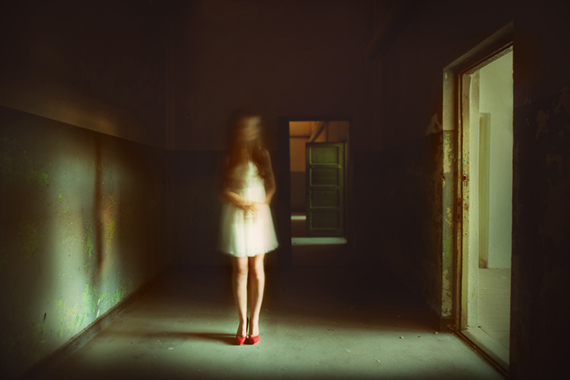
Make sure you wear black head to toe if you intend to go in the ‘picture’ while doing the painting so that you don’t actually appear in the final product. This technique will work well on static shots but you can have human subjects as well, they just need to stand still while you ‘paint’ them. You can even use the same subject in more than one places in the same image, now that is spooky!
2. Use of flash lights from bellow your subject will give the impression of light coming from the ground. You can disguise the light in the scene with fallen leaves.
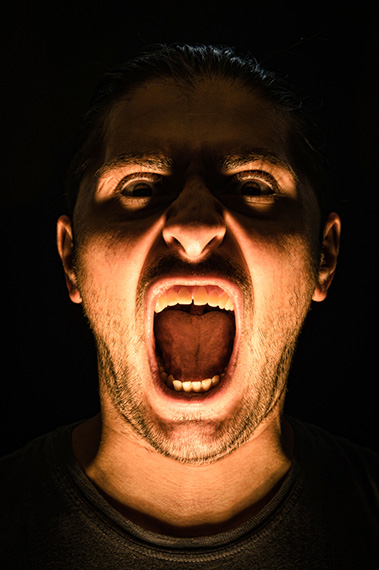
Light Your Subject from Below
3. If you plan to shoot a scene with a full moon, make sure the exposure is set right and add flashes. You don’t want the moon to be too overexposed (or seem like it’s moving) and your subject underexposed. Take test shots to see which exposure/ISO/aperture work best for your idea. Usually the exposure time should be pretty short, 1/125 to 1/50 or even 1/30 of a second. Aperture has to be set in accordance to the effect you’re looking for.
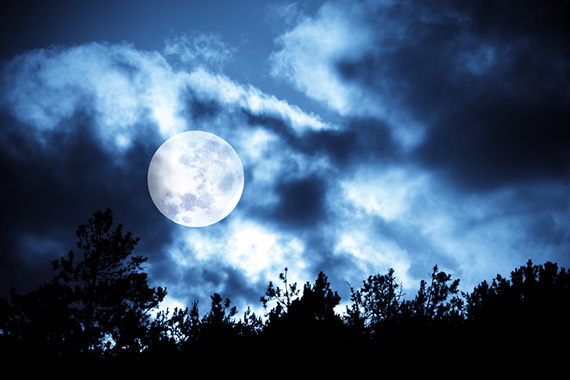
If you want to have depth of field, go for wider, but a more closed aperture will allow the moon to be clear as well. ISO will be set in accordance to the other two settings. Move the flashes around to make sure you give that 3D feeling to your photo and not end up with a flat looking image with the moon hanging from the sky, also, while doing this test which flash power setting to use as well. These will all be interdependent so be sure you get them right. Bring your laptop with you and check the images at full size to avoid unwanted and unnecessary surprises.
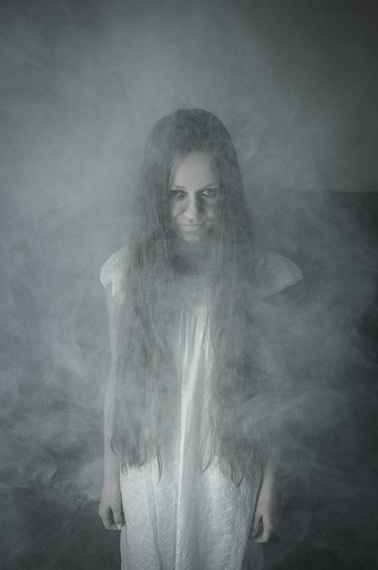
Halloween Portrait Idea
4. Adding a flashlight behind your subject while using smoke or working on a particularly steamy night will give you long shadows and that eerie, spooky look you sometimes see in horror movies.
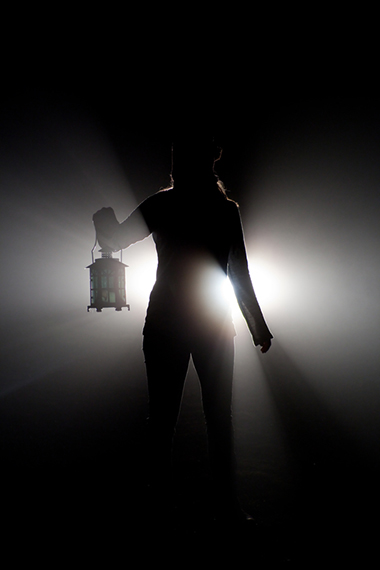
Backlight Your Subject
Make sure that your subject does cover the light so that you don’t end up with unwanted flares instead of a nice silhouette.
About the Author:
Iona Grecu is a professional photographer at Dreamstime. She’s enjoyed photography ever since her father first introduced her to the world of arts as a child.
Go to full article: Halloween Photo Tips & Techniques
What are your thoughts on this article? Join the discussion on Facebook
Article from: PictureCorrect
The post Halloween Photo Tips & Techniques appeared first on PictureCorrect.